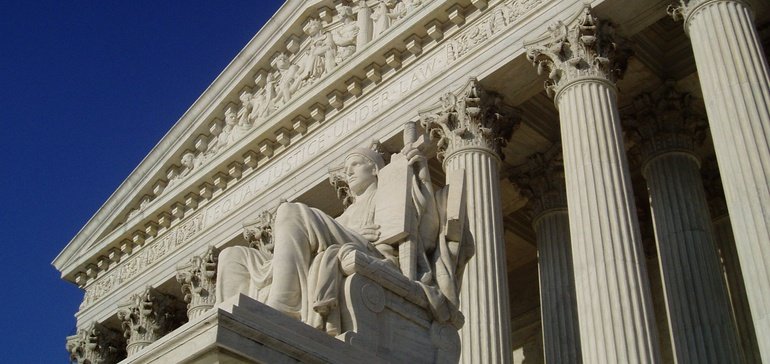
Dive Brief:
- The U.S. Supreme Court on Monday ruled in favor of commercial health insurers arguing they are owed $ 12 billion under the Affordable Care Act’s risk corridor program.
- The 8-1 decision, with only Justice Samuel Alito dissenting, found that the ACA “established a money-mandating obligation, that Congress did not repeal this obligation” and later states, “These holdings reflect a principle as old as the Nation itself: The Government should honor its obligations.”
- The ruling “always seemed the straightforward outcome” health policy expert Loren Adler said Monday, but it could result in sizable medical loss ratio rebates for consumers as insurers receive the payouts. Companies could lower their 2021 premiums in an attempt to offset this.
Dive Insight:
The high court heard arguments in December, stemming from a case brought by four health plans: Moda Health, Maine Community Health Options, Land of Lincoln Mutual Insurance Co. and Blue Cross Blue Shield of North Carolina.
The court on Monday reversed a June 2018 decision from the U.S. Court of Appeals for the Federal Circuit.
The risk corridor program was designed to help insurers as they priced premiums in the first years of the ACA exchange program, without much historical data to guide them. Plans with claims at 97% or less than projected paid into a fund that plans with claims at 103% or higher than projected could draw from.
But CMS declared the risk corridor program must be budget neutral, and under the resulting formula it could only pay about one-eighth of what it owed ($ 240 million of about $ 3 billion in claims).
Then a Republican-controlled Congress limited risk corridor funds, effectively killing the program.
Early participants in the exchanges were hurt the most, and some co-ops were forced out of business as a result.
The case is separate from a lawsuit payers brought over ACA cost-sharing reduction payments meant to help pay for coverage of those with lower incomes. A federal appeals court heard arguments for that case in January.
